Pandemic’s Emotional Hammer Hits Hard
Enlarge this image
A lonely walk through pandemic New York streets echoes the isolation many Americans are feeling in their battle against a virus that has wreaked multiple, continuing traumas — with no end in sight.
Spencer Platt/Getty Images
hide caption
toggle caption
Spencer Platt/Getty Images
Shots — Health News
Dear World, You’re Not Going To Have The Year You Thought You’d Have
«We were surprised at the high levels of depression, Ettman says. «These rates were higher than what we’ve seen in the general population after other large-scale traumas like September 11th, Hurricane Katrina and the Hong Kong unrest.
«I think it reflects both the widespread nature of this particular trauma, as well as the fact that there are multiple traumas, says Dr. Sandro Galea, an epidemiologist and dean of the school of public health at Boston University. Galea co-authored the new study with Ettman.
Traumas linked to pandemic have included ongoing anxiety and fear of catching the disease, and grief over the illness or loss of loved ones, as well as the economic fallout.
«It’s not one of these ‘we-get-hit-and-it’s-over’ kind of things. That is, psychologically speaking, the easiest thing to recover from, says George Everly, a psychologist at Johns Hopkins University, who wasn’t involved in the research. Once a discrete disaster is over, he says, people often are able to start rebuilding their lives and regain a sense of normalcy.
Shots — Health News
‘Racial Inequality May Be As Deadly As COVID-19,’ Analysis Finds
Arts & Life
‘If The Trees Can Keep Dancing, So Can I’ : A Community Poem To Cope In Crisis
But with COVID-19 cases still climbing across the U.S., and the course of the pandemic still uncertain, Americans are constantly stressed, not knowing what lies ahead, he says. And that makes it more difficult for people to recover emotionally.
«The hardest thing to recover from is waiting for that … second shoe to drop, Everly says. «You never know when it’s going to drop.
Galea points to a couple of recent studies that have also documented the emotional toll of the pandemic. A study published in JAMA in June found elevated levels of psychological distress and loneliness among U.S. adults in the earliest months of the pandemic. And in another study from the Centers for Disease Control and Prevention, published in mid-August, a significant number of Americans reported experiencing mental health symptoms during the pandemic — including depression, anxiety, substance abuse and thoughts of suicide.
«It looks to me like the science is converging, that this is exactly what’s happening in the population, says Galea.
What’s more, some of the public health measures required to keep us safe from the virus have taken away our most effective ways of buffering stress, says Everly: social connection within a community.
«In virtually every wide scale disaster I studied, there is a sense of human resilience — people come together, he says. «Interpersonal support is the single best predictor of human resilience. This disaster undermines our single most important protective factor.
Shots — Health News
When A Beloved Life Ends, Virtual Hugs Can’t Replace Human Touch
Shots — Health News
Staying Strong During Lockdown Means Reaching Out — And Working Your Mind, Too
Like the other effects of the pandemic — health and economic — the mental health effects are being disproportionately borne by people who started out with fewer social supports and financial resources, the study finds.
«People with lower income were twice as likely to have depression, says Ettman, «and among people within the same income group, [those] who had less in savings were 1.5 times more likely to have depression.
Those who had lost a job, or experienced the death of a loved one were at a significantly higher risk of having symptoms of depression.
That disproportionate effect, Galea says, «compounds existing problems and runs the risk of creating further divides between health haves and have-nots.
That’s because depression and other mental illnesses put people at risk of a host of physical health problems, which in turn affect their ability to work and maintain their social connections. «Poorer mental health is at the heart of poor health, says Galea. «More broadly, it’s at the heart of poor economic function, poor social function.
He fears that the Covid-19 pandemic has paved the way for «another pandemic of depression.
«The second pandemic, I would suggest, is not only coming, but is here, says Everly. «I believe that it will intensify because … there will be a ripple effect. Once we get a treatment and a vaccine, it is naive to believe that the mental health consequences will disappear overnight.
- healthcare in pandemic
- pandemic and mental health
- anxiety
- depression
Обсудим?
Смотрите также:

